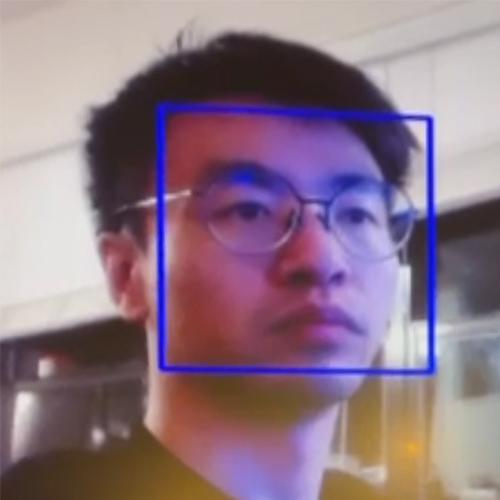Ye Ma

Learning-Based Robotic Additive Manufacturing: Adaptive Motion Control and Material Behavior Modeling for 3D Printing in Construction
The current reliance on manual labor in the building industry limits design complexity, timely delivery, and cost-efficiency. Additive manufacturing (AM), particularly 3D printing, offers a promising solution for automated on-site construction by rapid prototyping and realization of complex geometry. Traditional gantry-based systems, the mainstream equipment for construction-scale 3D printing, face significant challenges such as limited workspace and transportability. The adoption of robotic arms releases the ability of multi-directional printing and conformal deposition with greater precision and efficiency. Robotic arms, with their six or more degrees of freedom, have emerged as a more flexible alternative, allowing multi-directional printing and conformal deposition with enhanced precision and efficiency. However, widespread adoption is constrained by challenges including kinematic complexity, collision avoidance, and variability in material properties. This research manages to address these issues through a deep learning (DL) framework aimed at optimizing robotic motion planning and material parameters in real-time.
The research focuses on three core areas: (1) Material Characterization and Process Parameter Optimization—developing DL models to classify printing quality using multi-modal data; (2) Motion Planning and Path Optimization—applying reinforcement learning (RL) to optimize robotic trajectories in simulation environments for learning-based printing process; and (3) Simulation and Real-World Validation—utilizing digital twin environments coupled with physical experiments to ensure system robustness and validate learned strategies.
Expected outcomes include high-accuracy classifiers, adaptive RL-based control policies, and comparative studies on material performance and print quality. By bridging the gap between autonomous robotic systems and 3D printing, this work contributes a data-driven framework for on-site construction. This research aims to enhance the scalability and efficiency of robotic additive manufacturing, paving the way for automated and cost-effective construction practices.
I am currently pursuing a Ph.D. in Constructed Environment under the supervision of Dr. Ehsan Baharlou at the University of Virginia (UVA). I hold an M.Arch degree from the University of Southern California (USC) and a B.Arch degree from Xi’an University of Architecture and Technology. My undergraduate experience in craftsmanship and heritage conservation shaped my perspective on fabrication and material practices, inspiring me to rethink and redefine traditional construction methodologies.
During my time at USC, hands-on experience with digital fabrication, responsive materials, and emerging technologies sparked my interest in mass customization and its potential to transform architectural production. Subsequent research and project engagements—spanning design computation, shape-shifting structures, and computer vision applications—introduced me to interdisciplinary collaboration, broadening my expertise and encouraging continuous growth. These experiences reinforced my passion for exploring the convergence of design, robotics, and computational methodologies in digital fabrication.
Guided by my curiosity and desire to engage in cutting-edge research, I joined UVA’s vibrant academic community to pursue a research career in robotic fabrication, machine learning, and material materials. This diverse and professional environment pushes me to seek scalable solutions for digital fabrication and construction automation.
